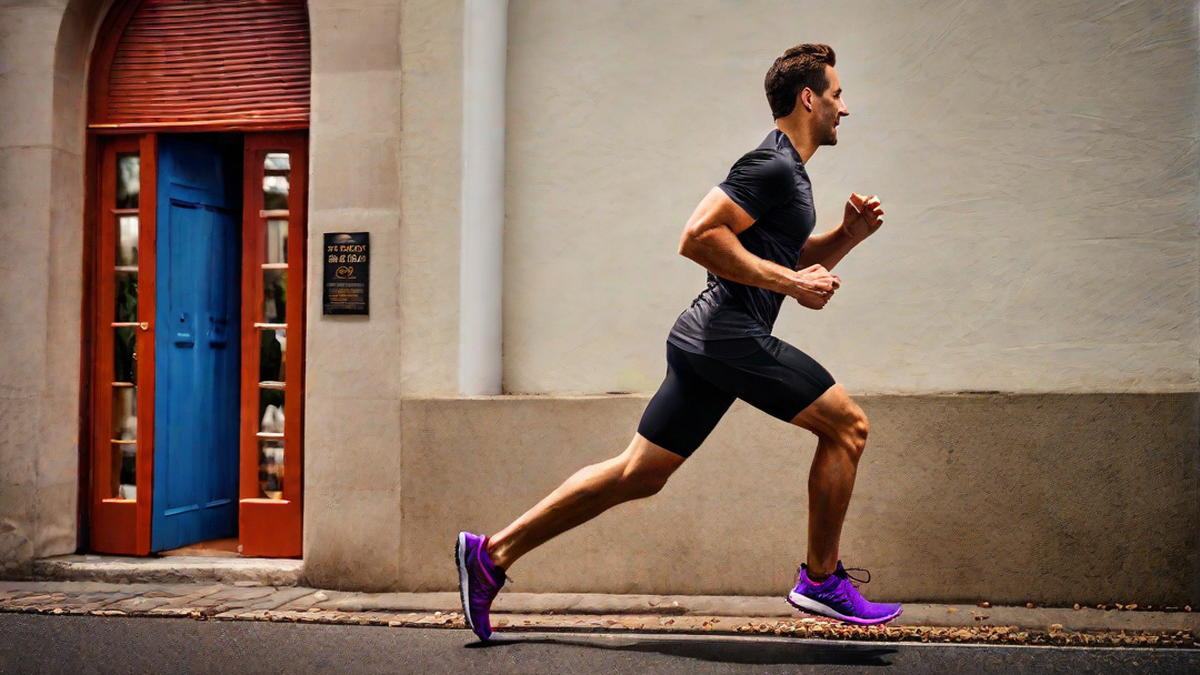When it comes to running, there are a lot of factors to consider in order to perform at your best. One of those factors is nutrition, specifically, when and what you should eat before a run. As an avid runner myself, I have experimented with different eating strategies and learned the importance of timing my meals appropriately.
Before diving into the details, it’s important to note that what works for one person may not work for another. Our bodies are unique, and it’s essential to listen to your own body’s cues and experiment with different approaches to find what works best for you.
Timing is key when it comes to eating before a run. Ideally, you should aim to eat a balanced meal or snack about 1-3 hours before lacing up your running shoes. This time frame allows your body to digest and absorb the nutrients from your meal while minimizing the risk of discomfort or digestive issues during your run.
Within the 1-3 hour window, the timing can vary depending on the size and composition of your meal. If you opt for a larger and more substantial meal, it’s best to allow for the full three-hour window to pass before running. This gives your body enough time to process the food and convert it into usable energy.
On the other hand, if you prefer a lighter snack, such as a piece of fruit or a granola bar, you can aim for the 1-2 hour mark. These smaller snacks can be easily digested and provide a quick boost of energy without weighing you down.
It’s important to note that individual tolerance to food and digestion varies. Some runners may find that they can eat a full meal closer to their run without any issues, while others may need more time to digest. It’s all about finding what works best for you and your body.
In addition to timing, the composition of your pre-run meal or snack is equally important. Ideally, you should aim for a balance of carbohydrates, protein, and a small amount of healthy fats. Carbohydrates are the body’s main source of fuel, providing the energy needed for endurance activities like running. Protein helps with muscle repair and recovery, while healthy fats provide sustained energy.
Here are some examples of balanced pre-run meals or snacks:
- A banana or an apple with a tablespoon of nut butter
- A whole grain toast with avocado and scrambled eggs
- A bowl of oatmeal topped with berries and a sprinkle of nuts
- A small turkey or chicken sandwich on whole grain bread
Remember to listen to your body and choose foods that you enjoy and can tolerate well before running. It’s also important to stay hydrated by drinking water before, during, and after your run.
In conclusion, the timing and composition of your pre-run meal or snack can have a significant impact on your performance and overall running experience. Experiment with different strategies and pay attention to how your body responds. Ultimately, finding the right balance that works for you will help you fuel your runs and perform at your best.

